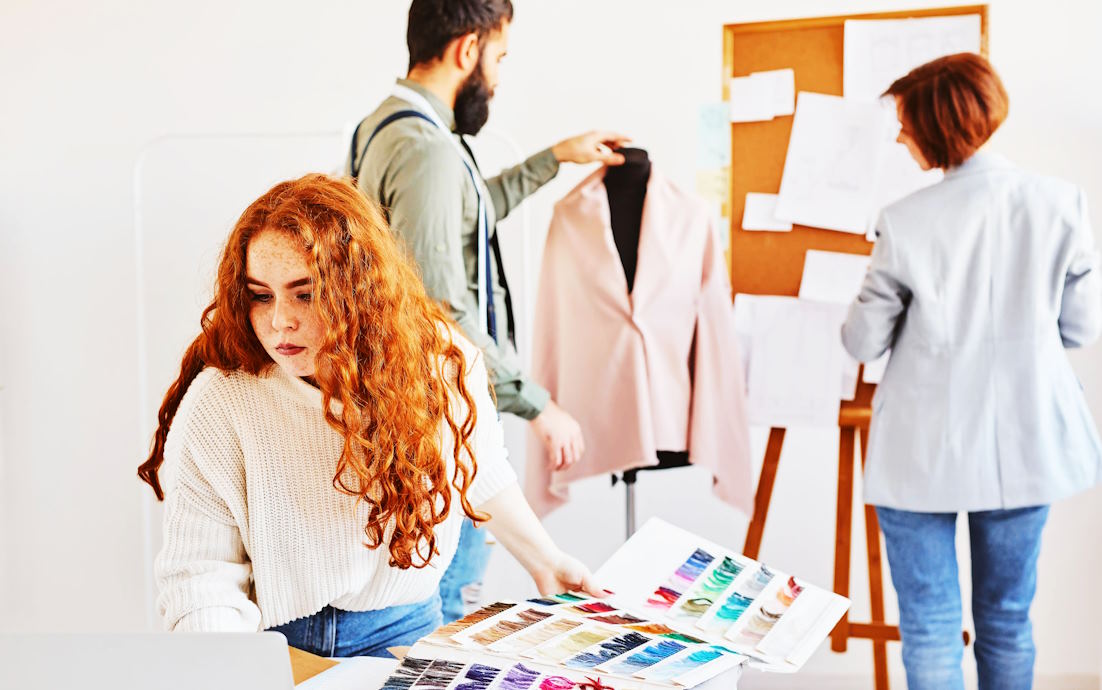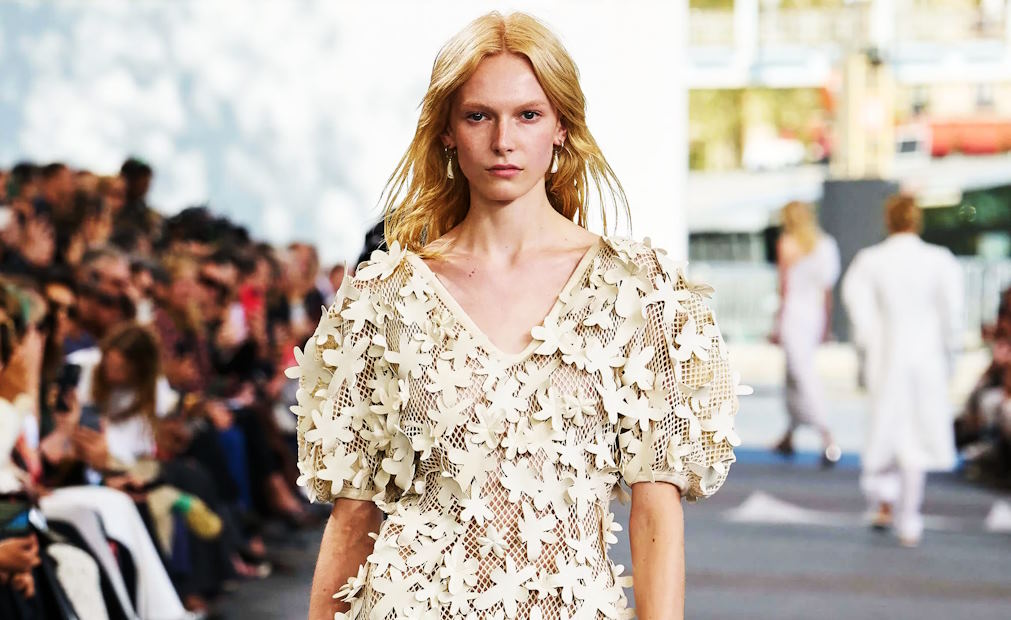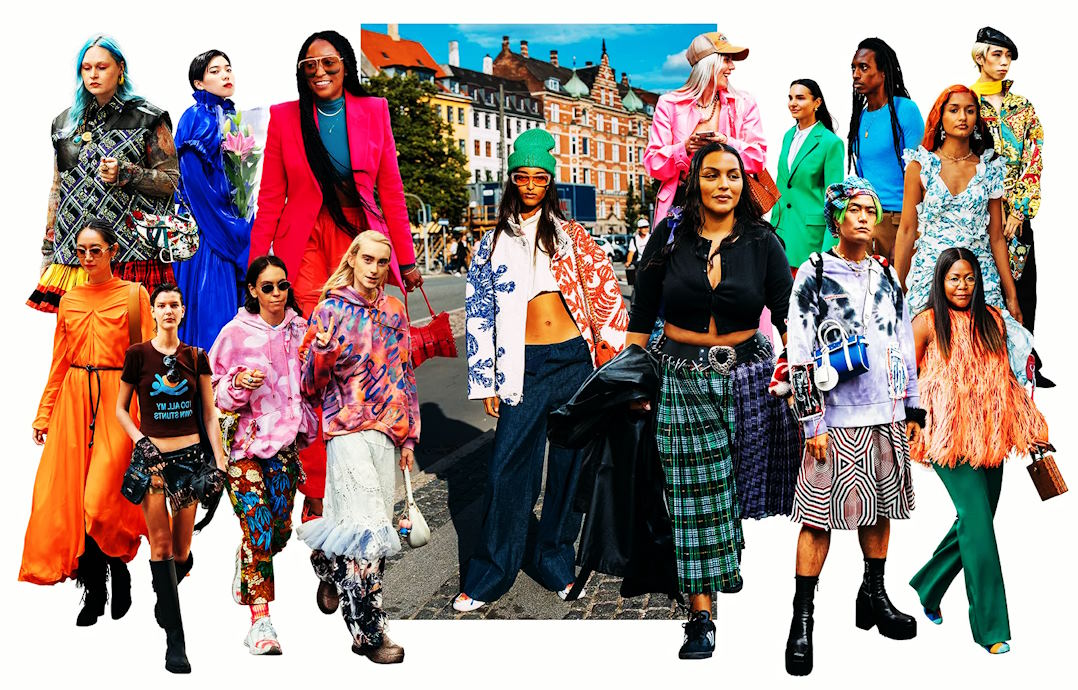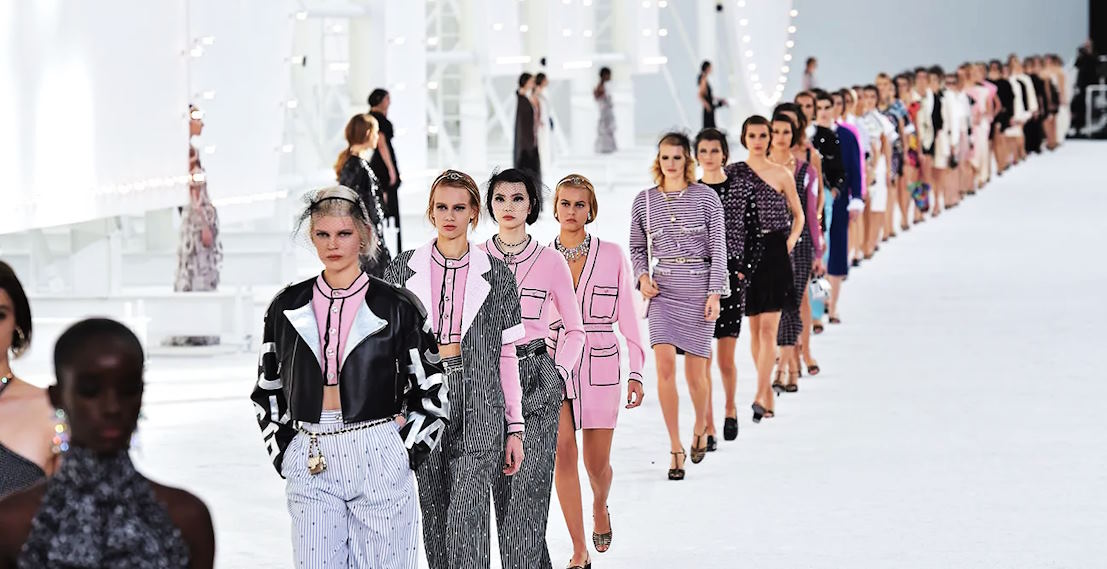
In the intricate tapestry of industries that fuel local economies, the fashion sector stands as a vibrant thread that weaves its influence across various sectors. From the glitzy runways of high-end fashion weeks to the bustling trade show floors, fashion events are not just showcases for designers; they are economic powerhouses with the ability to transform the fortunes of the cities that host them.
Economic Contributions of Fashion Events
Revenue Generation
- Ticket Sales:
Fashion events, from exclusive runway shows to accessible exhibitions, are not just platforms for artistic expression but robust revenue generators. Ticket sales contribute significantly to the economic success of these events, providing a direct financial influx. The allure of witnessing cutting-edge designs and industry trends firsthand drives fashion enthusiasts to invest in tickets, creating a substantial revenue stream that supports the event’s operations and future endeavors.
- Sponsorships and Partnerships:
Beyond ticket sales, fashion events thrive on strategic partnerships and sponsorships. Collaborations with brands, both within and outside the fashion realm, inject additional funds into the event. Sponsors seek to align their image with the creativity and innovation showcased during these events, creating a mutually beneficial relationship. This financial backing not only ensures the event’s financial viability but also elevates its overall impact and reach.
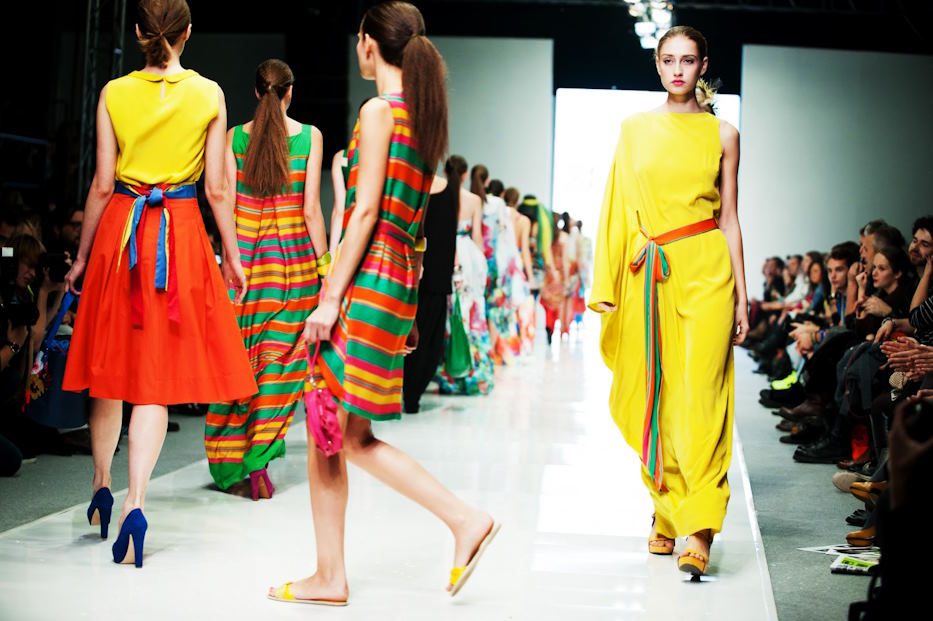
Job Creation
- Event Planning and Management:
The orchestration of a successful fashion event requires a dedicated team of professionals skilled in event planning and management. From logistics coordinators to public relations specialists, these events create a surge in job opportunities. The demand for skilled professionals extends from pre-event preparations to the execution phase, providing employment and fostering expertise within the local community.
- Retail and Hospitality:
Fashion events create a ripple effect on the local job market by boosting employment in retail and hospitality sectors. Increased foot traffic in and around event venues drives demand for services, resulting in additional employment opportunities in local shops, restaurants, and hotels. This symbiotic relationship ensures that the economic benefits of fashion events extend beyond the confines of the event space.
Boosting Local Businesses
- Impact on Local Boutiques:
Fashion events act as a catalyst for local boutiques, transforming them into hubs of activity during event periods. Attendees often seek unique and curated fashion pieces from local stores, providing a significant boost to these businesses. The increased visibility and foot traffic can have lasting effects, establishing local boutiques as go-to destinations for fashion enthusiasts even after the event concludes.
- Collaboration Opportunities for Local Designers:
Local designers find valuable collaboration opportunities through fashion events, opening doors to showcase their creations and connect with a broader audience. Collaborative efforts between event organizers and local designers not only provide exposure but also foster a sense of community within the fashion industry. This collaborative spirit enhances the local fashion ecosystem, encouraging sustained growth and creativity.
Tourism and Hospitality
Attracting Visitors
- International and Domestic Tourists:
Fashion events serve as powerful magnets, drawing in a diverse audience of both international and domestic tourists. These events transcend geographical boundaries, attracting fashion enthusiasts and industry professionals from around the globe. The influx of international visitors not only contributes to the event’s success but also stimulates the local economy through spending on accommodations, dining, and retail. Simultaneously, domestic tourists seize the opportunity to explore their own city’s vibrant fashion scene, fostering a sense of pride and community engagement.
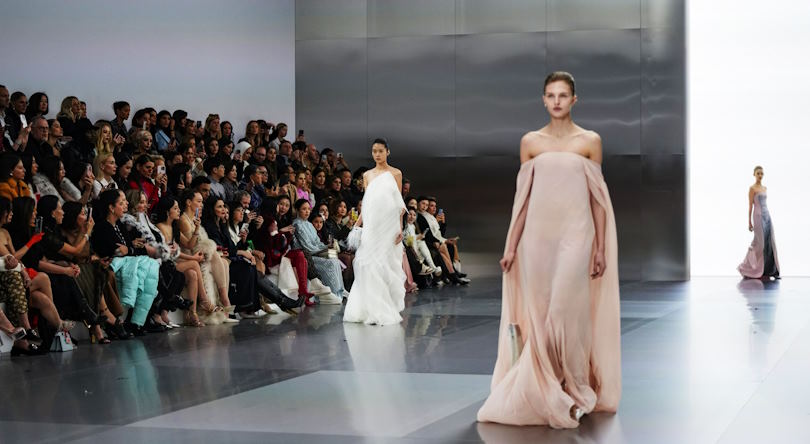
- Fashion Tourism Trends:
The evolving landscape of fashion tourism has become a trend in itself. Travelers are increasingly incorporating fashion events into their itineraries, seeking immersive experiences that go beyond traditional sightseeing. Fashion-centric tours, curated shopping experiences, and behind-the-scenes access to the industry’s inner workings are becoming integral aspects of tourism packages. This trend not only bolsters attendance at fashion events but also positions cities as global fashion hubs, creating a lasting impact on their tourism industry.
Accommodation and Dining
- Hotel Bookings and Occupancy Rates:
The surge in tourism during fashion events directly influences the hospitality sector, leading to a spike in hotel bookings and increased occupancy rates. Hotels in proximity to event venues become hotspots for attendees, offering convenient accommodations and an immersive experience. This heightened demand not only benefits the hospitality industry financially but also encourages ongoing investments in infrastructure and services to meet the evolving needs of fashion-focused travelers.
- Restaurant and Catering Services:
Fashion events elevate the culinary scene as attendees seek exquisite dining experiences to complement their stylish surroundings. Local restaurants and catering services witness increased business, catering to the diverse tastes of fashion enthusiasts. The demand for catering services for exclusive events and after-parties further contributes to the economic vibrancy of the local hospitality industry. This mutually beneficial relationship between fashion events and the hospitality sector ensures a dynamic and thriving atmosphere during these sartorial celebrations.

